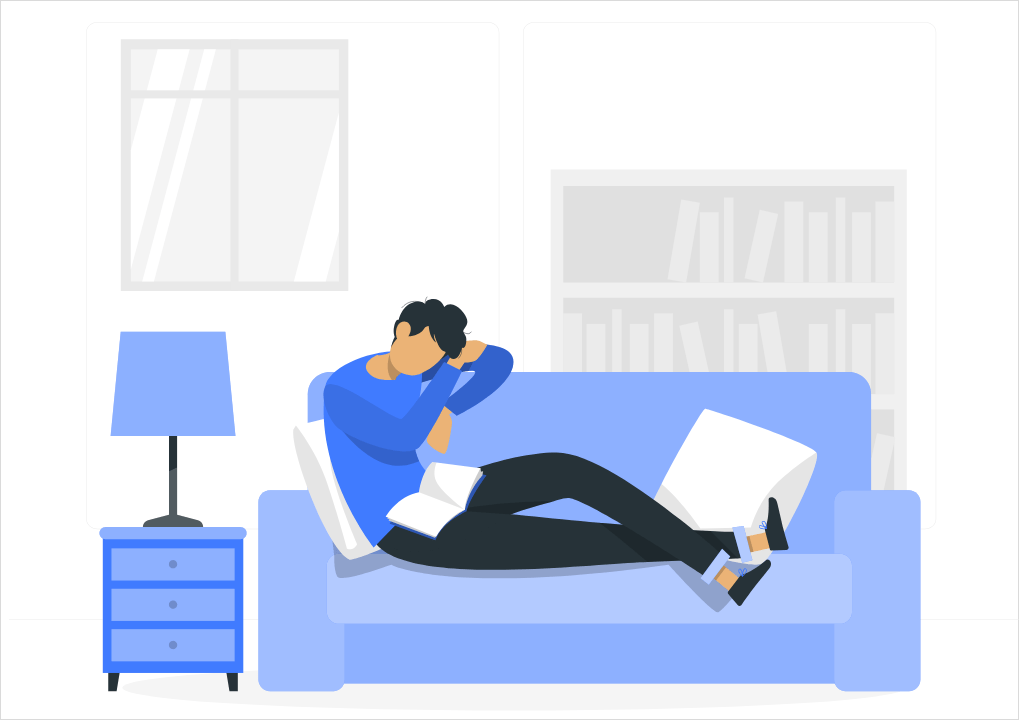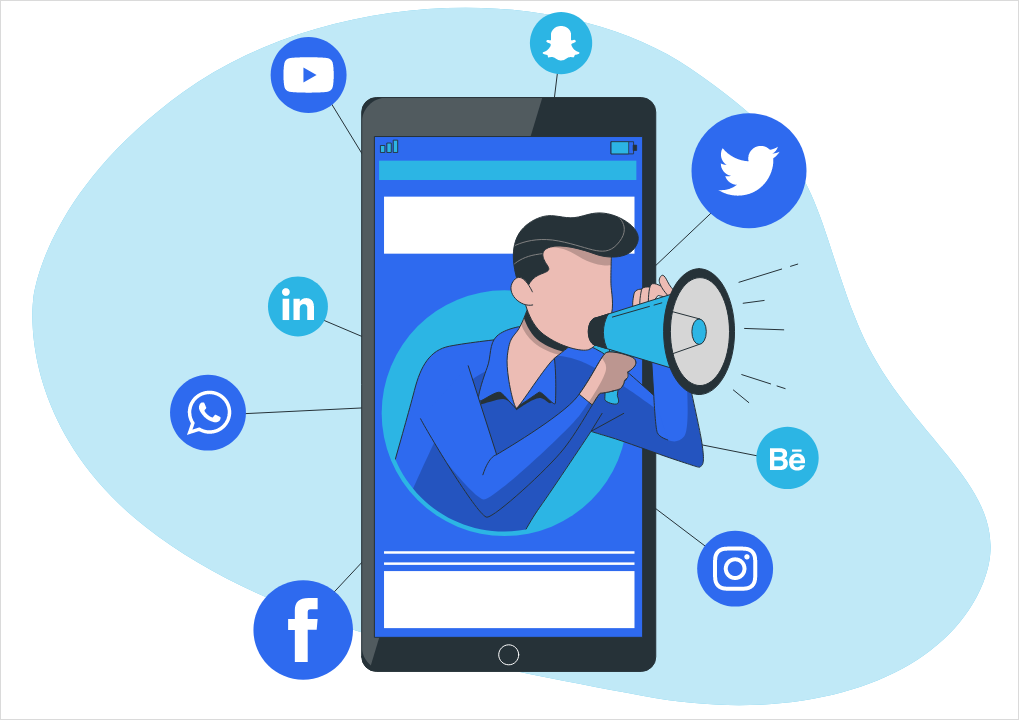Ever since Alexa first came out, I’ve been freaking out about the possibility of a future where technology became so smoothly a part of every single aspect of our life, we just became unable to tell if they were actually being more of a human being than a tech product. Alexa woke up users in the morning, remembered their favorite songs, told jokes to them, and was even able to recommend stuff to them based on their prior requests and choices. It was literally like a very submissive roommate who knew everything about you.
But now, it seems that it has taken a much deeper, crazier, invasive turn. Have you ever had such an awesome dream that the next night, before you fall asleep, you try to reproduce it again just so you can convince your brain (or unconscious if you are a Freud’s fan club member) to dream it again? And of course, it didn’t happen, because that’s not really how it works. The thing is no one really is so sure of how it works, and it’s been in the minds of dream scientists for decades to figure out how it functioned and if we had a shot at manipulating it.
And what does this have to do with Alexa or Display Advertising at all? Well, according to this article, many big corporations and brands are getting together with scientists to try and advertise their products in your dreams. So much for Ad Fatigue, huh? Of course, there is a much deeper detail to dive into, so that’s what our plans for today look like. So let’s jump right in, shall we?
So basically the whole concept is called “dreaming incubating advertising”, and it consists of using certain technology (like videos and audio clips that even Alexa can play for you) in the Ads you see through the day and force the advertising into your dreams. By using technology and science, publishers want to target their audiences to not only see their Display Ads while they browse through the Internet but also when they are (or think they are) calmingly asleep and resting from their exhausting days.
To do so, many experiments have been tested in the user’s minds, such as a Coors beer online commercial during the Super Bowl, which caused five people to dream about them, and a study made among Harvard students that consisted in exposing themselves to the same problem every night before they went to sleep, that ended up making half of the participants dream about it at some point. Of course, all of these dream science studies have a much deeper explanation about the causes and techniques used, but that’s not what concerns us today.
So, to start diving into my own “constructive” criticism about it, let’s talk about what the companies involved said about these experiments. For starters, Coors beer used scientific terminology to refer to “mind-control experimentation”, even when they were specifically advised not to. So what does this say to us? That they don’t care at all about what people think or have to say about having, at least, autonomy over their own dreams. We are all way past the “OMG! Google is stalking me!” phase, and we’ve learned to even take advantage of Google’s tracking technologies. But hey, I think getting right into our own dreams might be a little too much.
On a separate subject, Deirdre Barrett, dream researcher, said to the press she doesn’t even consider this an “experiment”, and that advertising strategies like this one will probably not even have the benefits that these big corporations expect. She said that, even when you totally can play Ads to a person while they are sleeping, there isn’t actual proof that they’ll even feel more drawn to be interested in the advertised product or service. Given that situation, she strictly recommended publishers to give up on dream incubation, which, according to her, doesn’t seem cost-effective compared to more traditional advertising techniques and strategies.
Long story short, after many dream researchers found out about what was happening among advertisers and dream science, they decided to push back and write a letter calling for regulation of this type of technique. They believe that, since there are no regulations about dream advertising so far, there’s nothing stopping advertisers from, for example, using devices such as Alexa to detect the users’ sleep stages and play sounds that could manipulate and affect their normal sleep and dream behavior. So Alexa wouldn’t be just your nosy roommate, she’d be the roommate who literally invades even your dreams.
So, if these types of devices are actually able to get into our brains, and know everything about our whole lives, without having to ask for any permissions, then aren’t we in some sort of 1984 Big Brother type of situation? I mean, what’s the actual limit if not even your dreams are your (or your brain’s) place to make the call? I’m not a dream expert, but I’ve seen Inception enough times to know that stuff like this more often than not can result in very damaging and definitely not beneficial scenarios. And ours will probably not have Leo as the lead character.
So my point here is, regulation or not, shouldn’t we be worried that publishers are so far beyond any possible limits that they actually started to research ways to force their Ads into our own minds? How awesome is your product that you think you have the right to force it into my dreams? And the answer to that is: There is no product awesome enough to do this! Because if we don’t have autonomy towards our own dreamland, then what do we even have? Our minds are definitely not placements to put Ads on. That said, my friends, I believe the future looks weird, and that we should better watch out so we at least don’t get advertisements of any horror movies in our sleep.






